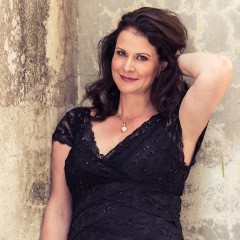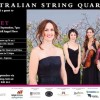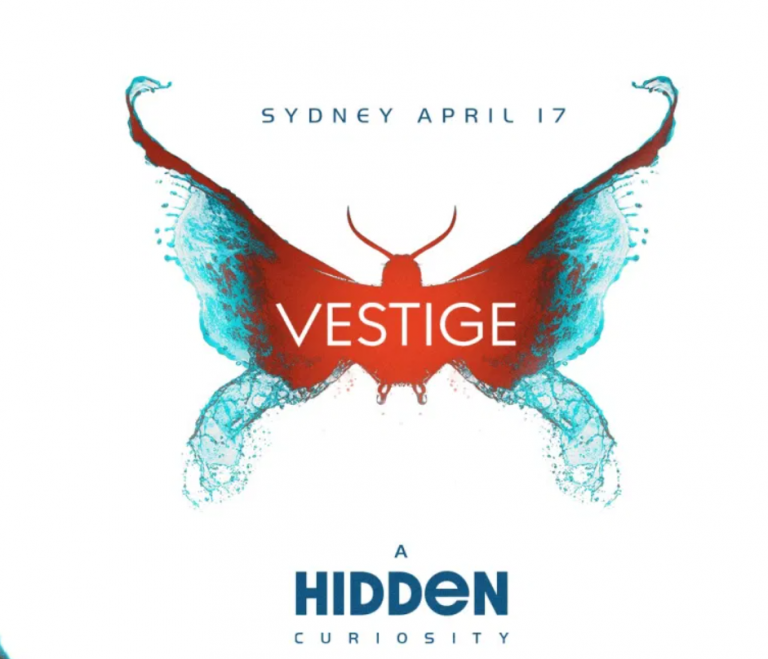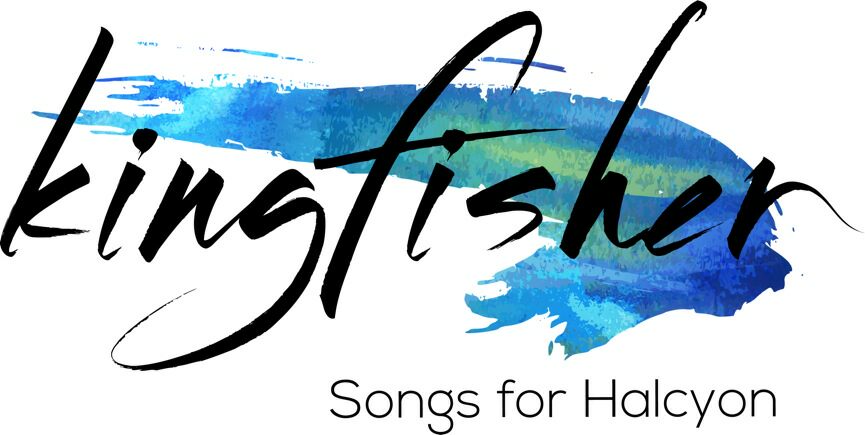Concert Review: Deborah Humble In Recital
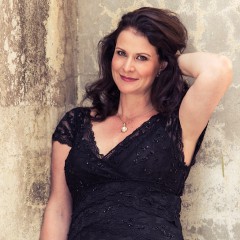
Deborah Humble in Recital,
Glebe Town Hall, Glebe, Sydney
November 11, 2016
Written by Deen Hamaker
On a very warm spring evening in Glebe we were given an absolute treat of a recital. It is such a joy to be able to hear a magnificent operatic voice in an intimate space and this was indeed a pleasure. A fantastic mix of mostly German repertoire in the majestic space of Glebe Town Hall made for a wonderful evening as mezzo-soprano Deborah Humble was joined by baritone Christopher Tonkin, violist Victoria Jacomo-Gilmovich and pianist John Martin.
Deborah Humble has been a resident artist at the Hamburg State Opera for many years and has excelled in roles such as Erda and Waltraute in Wagner’s Ring, Mary in Flying Dutchman and Brigitte in Die Tote Stadt. She studied in Australia and was a member of Opera Australia’s ensemble before going to Hamburg and coming to worldwide attention, establishing her career across the globe from Hamburg to Melbourne, Sydney and Hong Kong. It is indeed a joy to have the opportunity to hear her rich dark mezzo-soprano voice in recital in Sydney.
Humble’s recital began with the fun and colour of Johannes Brahms’ Zigeunerlieder (Gypsy Songs). The eight songs originate from a collection of Hungarian Gyspy poems that Brahms asked a friend to translate into German in 1887. In 1889 Brahms arranged 8 of the songs for solo voice and piano. Taking his cue from Gypsy music, Brahms’ songs are full of life and energy. From the very start you can hear the crackling fire and the dancing in the background. Full of the joy and pain of life, Deborah clearly enjoyed performing these songs. They provided her with a chance to portray character and sing with some verve. And she did not disappoint. As a curtain raiser these songs were fabulous showing off Deborah’s fabulous voice and performing talent.
Deborah was joined Christopher Tonkin, a Melbourne-based baritone, for Brahms’ Four Duets for Alto and Baritone, Opus 28. Christopher Tonkin was last seen in Sydney in Capriccio for Opera Australia in 2011 and has worked extensively across Europe, primarily as a principal at the Hannover Staatsoper. It is a real pleasure to have him back in Sydney. Brahms created this set of 4 duets that range from the sadness of a nun whose knight has not returned from the crusade to a young rascal trying to get his love to open a bolted door. Working together Deborah and Christopher showed their flair, portraying these characters charmingly. Christopher’s dark baritone was an excellent match for Deborah’s voluptuous voice, sad one moment, coquettish the next with Christopher, distant and ethereal one moment, swaggering the next.
Finishing the first half and the Brahms songs, Deborah was accompanied by violist Victoria Jacono-Gilmovich for Two Songs for Alto, Viola and Piano Opus 91. Brahms’ good friends, violist Joseph Joachim and mezzo-soprano Amalie Schneeweiss, got married in 1863 and had a son. They named him Johannes in honour of Brahms and as a thank you Brahms composed Geistliches Wiegenlied, a lilting lullaby for them to perform together. Twenty years later with their marriage in trouble, Brahms wrote another song for the couple. Unfortunately they were divorced soon after. The two pieces from over 20 years apart are stylistic similar with lilting images of nature and Brahms published them together in 1884. Deborah brought out the gentle soft qualities of her luscious voice to these two gorgeous songs. Even in the softest moments she continued to radiate the underlying pathos in the text.
After a brief interval, we were treated to a Russian rarity, a Romantic style piece by Mikhail Glinka, Allergo Moderato in D Minor. This charming piece for viola and piano is the first part of Glinka’s unfinished viola sonata. Beautiful playing by Victoria Jacono-Gilmovich and John Martin, this little gem was a suitable introduction for the next section of the programme, Richard Wagner’s Wesendonck Lieder.
Richard Wagner is known most famously for his huge operas and this bracket of 5 songs date from the time of his composition of Tristan und Isolde. At the time, Wagner was having an affair with Mathilde Wesendonck, the young wife of his silk merchant patron. She wrote 5 poems inspired by their relationship which Wagner set to music in 1887 – the only words that Wagner set to music that he did not write himself. They are full of the tumultuous emotion that Wagner is famous for. Deborah sang these songs beautifully, giving a sense of the depths of emotion within the text. Her excellent German diction and clarity throughout the concert came to the fore in these Wagner songs. She evoked the deep emotion beautifully, showing off every quality of her voice from a powerful darkness to a soft floating transcendence.
After much applause Deborah treated the audience to an appropriate encore for Remembrance Day, Roses of Picardy, one of the famous songs of the World War I period. Here again Deborah sang with clarity and with great beauty, her gorgeous voice, underlying the sadness and pathos of the song with heartfelt sincerity.
The recital was accompanied by the pianist John Martin who played excellently throughout the whole recital taking into account the mood and style of each different piece.
After such a gorgeous recital one longs to see and hear both Deborah and Christopher back on the operatic stage in Sydney very soon.
Deen Hamaker for SoundsLikeSydney©
Deen Hamaker is a passionate opera aficionado and commentator. Introduced to theatre, opera and classical music at a very young age, he has acted in and directed several theatre productions, both in Australia and overseas. Deen lived in Japan for several years and studied the performing arts of Asia. Deen’s particular passion is opera, particularly the Russian, French and Modern repertoire. Deen was a contributing author for “Great, Grand and Famous Opera Houses”, 2012. Fluent in Japanese, Deen holds a Bachelor of Arts in Japanese from Griffith University and currently lives in Sydney.

